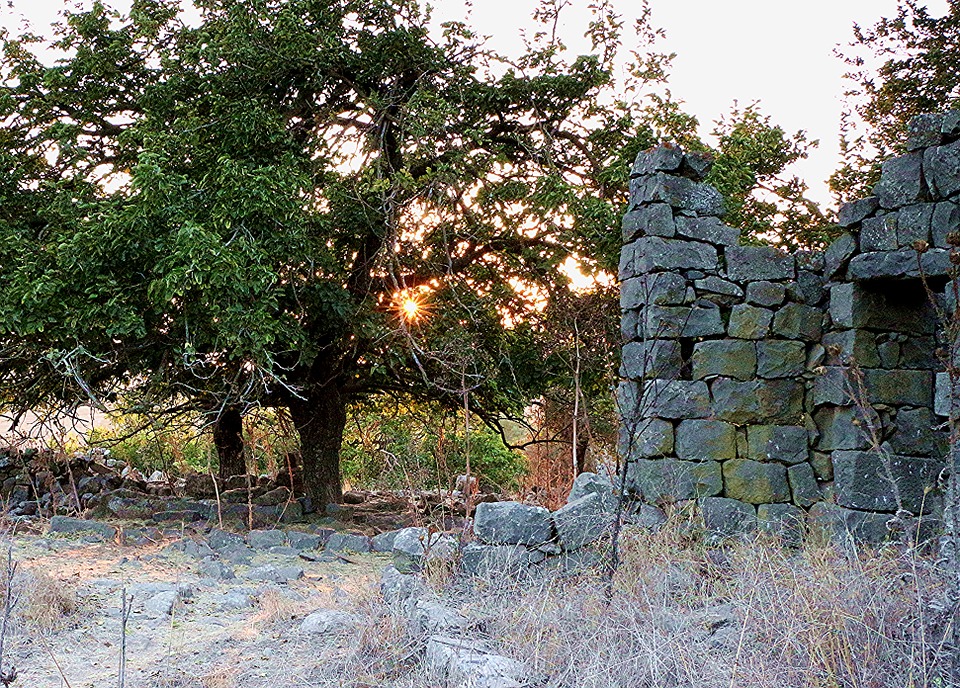
Can The Public Sector Cure Scotland’s “Dysfunctional” Land Market?
Date: 09/03/2018 | Real Estate, Residential Development
Suggestions on how the public sector could intervene to improve the operation of a “dysfunctional” Scottish land market and increase the supply of land for new housing were made recently in the first of a series of independent discussion papers commissioned by the Scottish Land Commission[1].
These papers on key land reform issues are intended to stimulate public debate and inform the Scottish Land Commission’s research priorities. Written by Laurie Macfarlane, an economist from the think tank, openDemocracy, The Housing Market in Scotland: A Discussion Paper analyses the land economics behind the current housing crisis, which the author believes has the potential to act as a constraint on long term economic growth.
The author believes that various factors that affect the UK housing market, such as paying compensation for hope value (rather than the value of an existing use) in compulsory purchase law and what he sees as consistently preferential tax treatment of property, have contributed to the current housing crisis, which stems from the Right to Buy policy of 1980 onwards.
Options the author identifies to remedy the crisis include capturing land value prior to the grant of planning permission, compulsory sale orders (as opposed to compulsory purchase orders), the establishment of a housing land development agency and reform of property taxation.
Interestingly, he does not propose the reform of LBTT or VAT, the two taxes we most commonly think of as affecting commercial property, and instead looks at re-evaluating Council Tax bands, bringing vacant and derelict land into the non‑domestic rates regime, abolishing capital gains tax relief on primary residences and revoking the transferable main residence allowance for Inheritance Tax. Most of these taxation measures are targeted at individuals, with a view to stabilising the second hand housing market, in the hope that a knock-on effect would be felt on the new housing market. Introducing any of them would be considered quite radical.
Make your voice heard
SLC chair Andrew Thin said: “This is the first in an exciting series of discussion papers. The opinions expressed in the paper are independent of the Commission’s and Laurie has posed a number of important questions to encourage the debate to continue. We would welcome views on the paper and you can get in touch by either contacting the Commission directly, through our blog or at one of our events. We are also continuing the discussion with key organisations and individuals in the sector.”
It may seem that the Scottish Land Commission’s remit relates to rural land, but that is not the case. As Richard Lochhead MSP said in parliament when the bill was being considered: “Today, land reform is just as much about council estates as it is about country estates.” Landowners and housebuilders would be naïve to ignore the output of the Commission and wise to stay abreast of the proposals put forward in this series of discussion papers and ensure their voice is heard in any debate that follows by commenting via any of the above routes. The work of the Commission is likely to inform Scottish Government policy so getting involved early is recommended.
Homes for Scotland has prepared a draft paper in response to the paper, which (at the time of writing this article) it is finalising. It has created a special sub-committee to consider the land reform debate and HfS members could make their views known via this route.
The next discussion paper will be on the topic of concentrated land ownership and the Scottish Land Commission intends to publish it any day. Thereafter they will be publishing a paper on public interest-led development on or around 25 April 2018.
Land Value Tax
In a related matter, the Scottish Government has asked the Scottish Land Commission to look at the potential of land value tax and so the Scottish Land Commission has invited tenders to investigate and report on international experience in land value taxes in order to develop policy options for Scotland.
Land value taxation is a tool for raising public revenue through an annual charge based on the rental value of the land. It usually disregards the buildings on land. Successive governments have looked at it over the years and, again, landowners and developers would be wise to keep abreast of any proposals in this field and ensure that their voice is heard while policy is being formulated. The Scottish Land Commission is hoping to receive a report on this issue by June 2018.
Please contact Davidson Chalmers’ housebuilding team if you would like to discuss any of this further.
[1] The Scottish Land Commission was set up by the Scottish Government in 2016, with 2017-18 being its first year in operation. Based in Inverness, its purpose is to provide direction, leadership and strategic thought to land reform in Scotland. In doing so it aims to support and enable the realisation of the Scottish Government’s vision of a Scotland where ownership, management and use of land and buildings contribute to the collective benefit of everybody. [Source: Scottish Land Commission website]





















































































